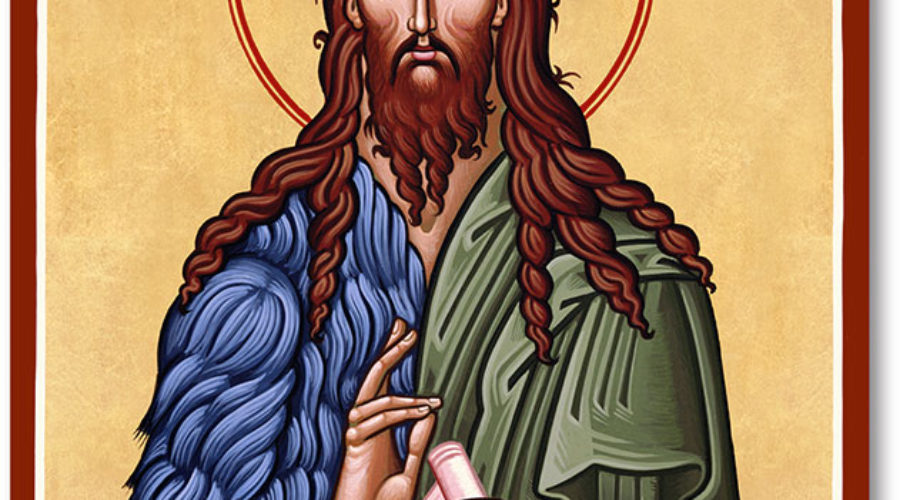“You’ve made a holy fool of me and I’ve thanked you ever since.”
– In a Sweater Poorly Knit by mewithoutYou
When I first heard the above lyric, I was tickled by the wordplay.
A “holy fool” is the old Eastern Orthodox way of talking about the saints. They were holy, and they were fools by the world’s standards. Hence, “holy fool.” The fact that mewithoutYou connected that concept with the phrase, “you’ve made a fool of me,” again, just made me chuckle.
Holy foolishness as an idea has stuck with me, possibly for 20 years or so now. Born out of 1 Corinthians and its discourse about the foolishness of God being more wise than any of our human wisdom, the idea was derived that to be holy was also an invitation to be misunderstood by the world. To be holy was foolishness to the world, but somehow, it was actually divine wisdom to be filled with holy foolishness.
There have been many holy fools in church history, many of which produced impressive pieces of literature, art and/or reform.
Here are some of the big ones:
St. Francis of Assisi,
St. Clare of Assisi,
St. Teresa of Avila,
St. Thomas Aquinas,
St. Augustine of Hippo,
Julian of Norwich,
and the big one himself, Jesus of Nazareth.
We often forget that Jesus was the first saint of the church, the first holy fool, the OG HF.
Now, Jesus is the prime example of the next thing I am about to say, something that I believe is 100% orthodox yet 100% unconventional to admit.
Jesus was a holy fool in that he was completely misunderstood by the culture… AND he was a holy fool in that he was completely misunderstood by the community of faith.
Holy foolishness is not simply that the world thinks you have lost it, but that even the church itself might choose to distance from you because it think you have lost it. There is an obedience to Christ that sets you against the world because you are actually for the world, and there is also an obedience to Christ that sets you against the Church because you are actually for the Church.
These days I am contemplating deeply what it means to be for the Church by being against the Church.
Sometimes belonging is defined by unwavering obligation to think highly of something. And, sometimes belong is defined by an unwavering obligation to see something be at its best.
These days I think that it is possible to do both. To think incredibly highly about the church, so much so, that one is willing to look at its legitimate issues and work unwaveringly to see it live up to its own ideals. John the Baptist was actually a radical traditionalist that took his ministry beyond the walls of the Temple when the Temple was failing at its own mission. He did not voice critique of the Temple, he simply did it better. (Rohr, From Wild Man to Wise Man.)
Some may think a person a fool for being devoted to the Church.
Another may think a person is holy for being devoted to the Church.
It is entirely possible to be a holy fool, like Jesus, devoted to the Church. The question is, “What do you think Spirit invites you to do? And, are you willing to do it if even the current structures do not understand you?”



